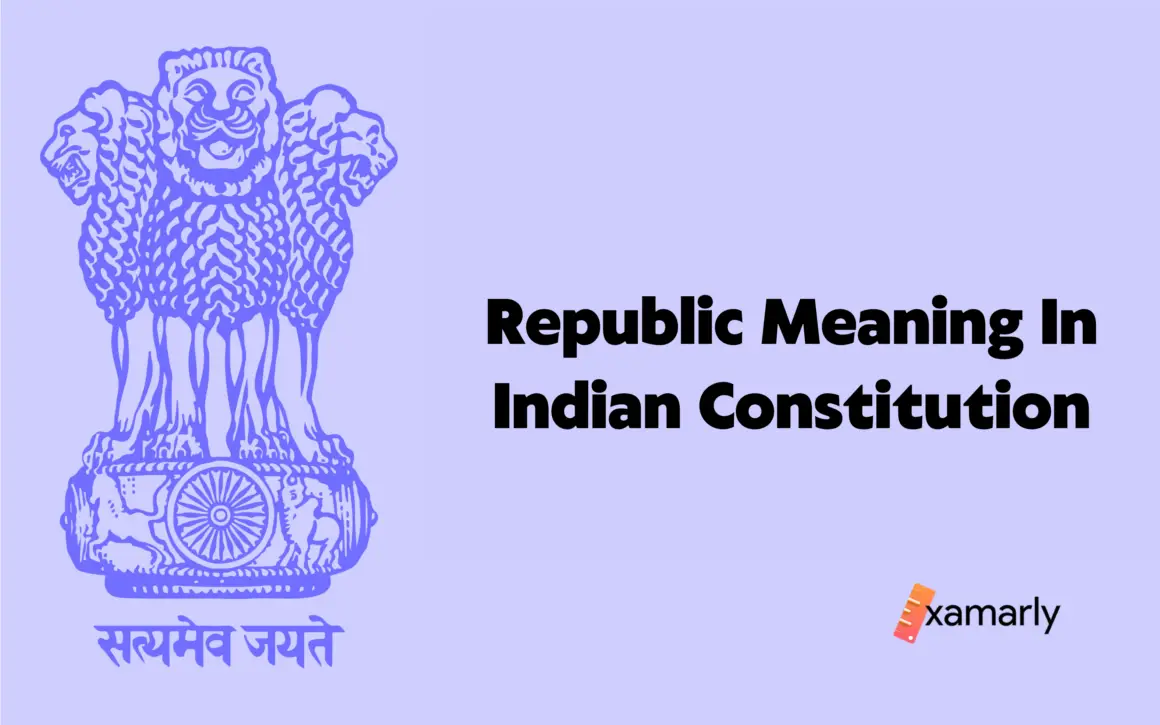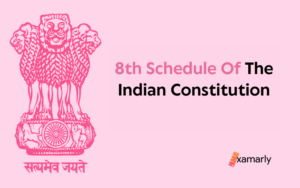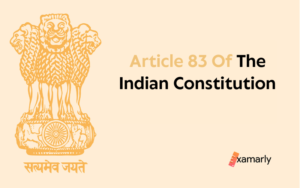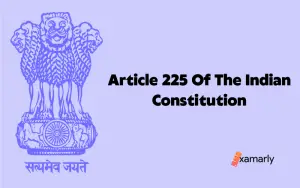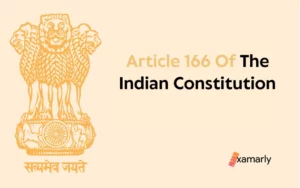Republic in literal sense means a country with an elected government and an elected leader ( The President). Republic in literal sense means a country with an elected government and an elected leader Read here to know more about Republic Meaning In Indian Constitution.
Introduction To Republic Meaning In Indian Constitution
In the very first session of the constituent assembly after British rule, Jawaharlal Nehru passed the “Objectives Resolution.”
These resolutions served as some of the driving ideals that our forefathers used to create the Indian Constitution. These guiding principles said that India shall be a Republic that is Independent and Sovereign.
All citizens will be guaranteed justice, equality, and freedom in this democratic nation, and the interests of minorities, tribes, and lower classes will be protected.
It will contribute to global harmony and humankind’s overall well-being.
Consensus In Constituent Assembly
Constituent Assembly of India with Rajendra Prasad as the President of India unanimously passed the resolution put forth by Jawaharlal Nehru making India a Republic.
The President Of India
Part V , Article 52 of the Constitution of India states that there shall be a President of India.
Qualifications For Election As President
Article 58 states the following eligibility conditions :
- Should be a Citizen of India
- Has completed the age of 35 years
- Qualified to be a member of Lok Sabha
Election Of The Head of State
The head of state in India is the President. The president of India is elected indirectly by the system of single transferable vote.
- Indirect Election : Representatives of people (Members of Parliament and State Legislative Assemblies) vote and elect the President of India. People don’t directly vote in the President’s election.
- Single Transferable vote : Rather than voting for a single person, voters need to label all the candidates contesting in the election in order of their preferences. This reduces time and effort of the Parliament of India.
Powers Of The President Of India
Article 53 states that executive power of the entire Union is vested in the President. President on his own has very nominal power.
No direct power except some residuary powers is allotted to the President.
In India the Prime Minister who is directly elected by the people enjoys actual power in practice.Parliamentary power is vested in the leader of the House i.e the Prime Minister.
Keeping aside the actual division of powers ,exercise of power is done in the name of the first citizen of India.
Similarity/Difference with UK
- India chose to be a republic even after being ruled by Monarchial Britain for around 200 years.
- India has an Elected head of State i.e. The President of India whereas Britain has a monarchial head.
- In India , any citizen of India is eligible for being the first citizen of India i.e. the President whereas in UK the post of head of state perpetuates in the royal family.
Preamble
The Preamble was termed as the Identity Card of the Indian Constitution by eminent jurist N A Palkhiwala. Preamble states :
WE, THE PEOPLE OF INDIA, having solemnly resolved to constitute India into a SOVEREIGN SOCIALIST SECULAR DEMOCRATIC REPUBLIC and to secure to all its citizens:
JUSTICE, social, economic and political; LIBERTY of thought, expression, belief, faith and worship;
EQUALITY of status and of opportunity;
and to promote among them all FRATERNITY assuring the dignity of the individual and the unity and integrity of the Nation;
IN OUR CONSTITUENT ASSEMBLY this twenty-sixth day of November, 1949, do HEREBY ADOPT, ENACT AND GIVE TO OURSELVES THIS CONSTITUTION.
Other constitution element used in the Preamble with their detailed meaning can be checked below
Fraternity Meaning In Indian Constitution
Secular Meaning in Indian Constitution
Justice Meaning In Indian Constitution
Conclusion
India is republic country. Although not directly elected , the head of state is a elected representative.
In India , the actual power lies in the hands of people as stated in the Preamble. People of India have the direct authority to elect their representatives who in turn elect the President of India.
Modern Manu or the Father of Indian Constitution, Dr B. R. Ambedkar was a visionary man.At a time when India was being ruled by a Monarchial State for almost 200 years , the constitution drafters after analyzing the situations in India , gave constitutional power to an Elected representative rather than vesting the government powers on a single person/family.


